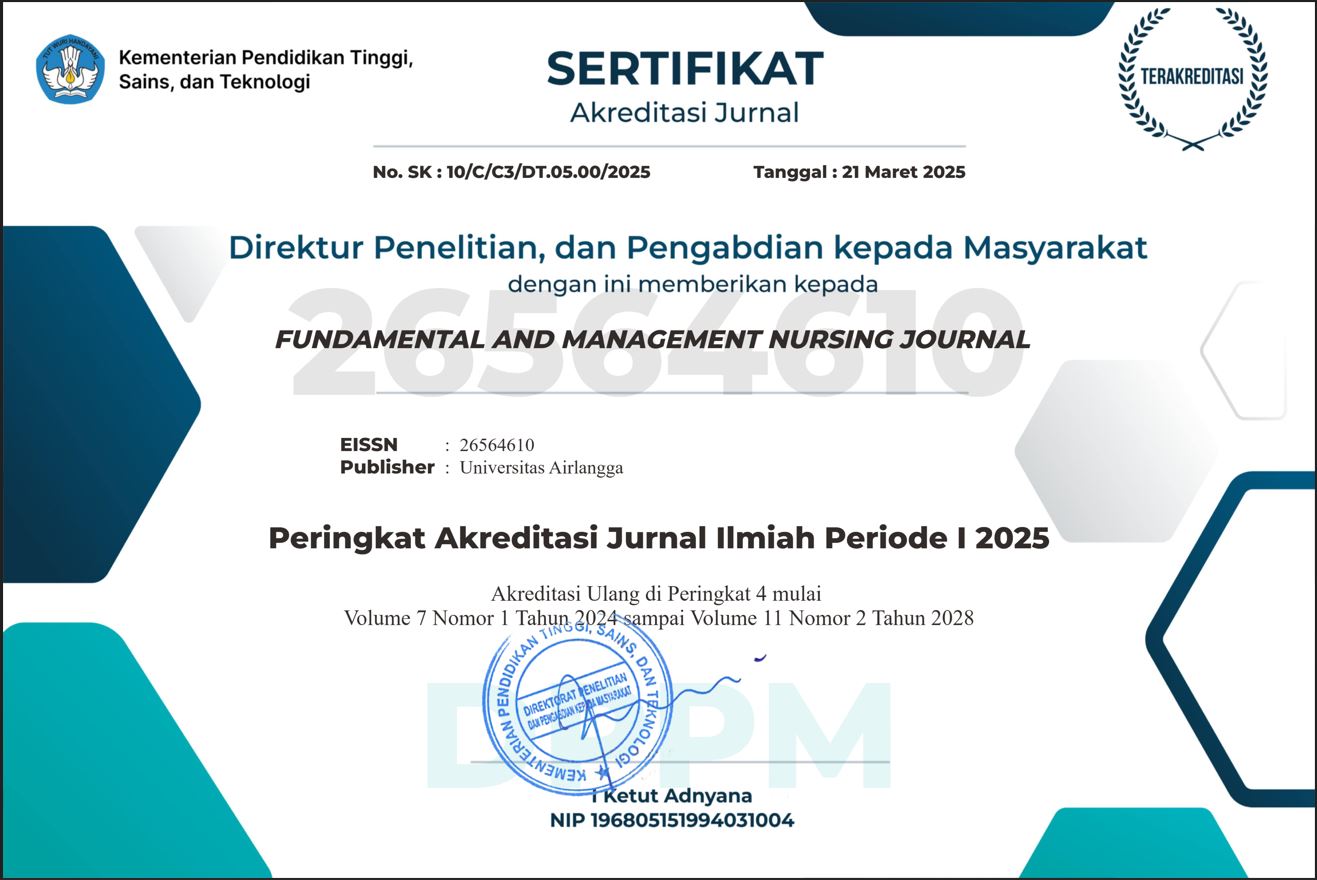The Effect of Providing Health Education on Transmission Prevention Behavior and Treatment Compliance Among Tuberculosis Patients Using the Health Belief Model Approach
Downloads
Introduction: Public health problems are multicausal and therefore the solution must also be a multidisciplinary approach. Tuberculosis (TB) is an infectious disease caused by infection with Mycobacterium tuberculosis (MTB). Tuberculosis is one of the 10 most common causes of death in the world. However, not all patients have been found, treated, and reported to the national information system.
Method: Design was used observational analytic with a cross-sectional approach. The population used in this study were all TB patients in health services. The sample size were 37 patients. The sampling was simple random sampling. The analysis used the chi-square test and logistic regression test with a significant value of <0.05.
Results: The results showed that there was a correlation between transmission prevention behavior and treatment compliance with perceived susceptibility with a p-value of 0.013, and there was a correlation between transmission prevention behavior and treatment compliance with perceived benefits p=0.005.The logistic regression test result showed that the most related transmission prevention behavior and treatment compliance using the health belief model on perceived susceptibility, perceived benefits, and cues to action.
Conclusion: The research results showed that a correlation between transmission prevention behavior and treatment compliance, namely perceived susceptibility, perceived benefits, and cues to action.
Copyright (c) 2022 Widiharti Widiharti, Diah Jerita Eka Sari

This work is licensed under a Creative Commons Attribution 4.0 International License.
1. The journal allows the author to hold the copyright of the article without restrictions.
2. The journal allows the author(s) to retain publishing rights without restrictions.
3. The legal formal aspect of journal publication accessibility refers to Creative Commons Attribution (CC BY).
















